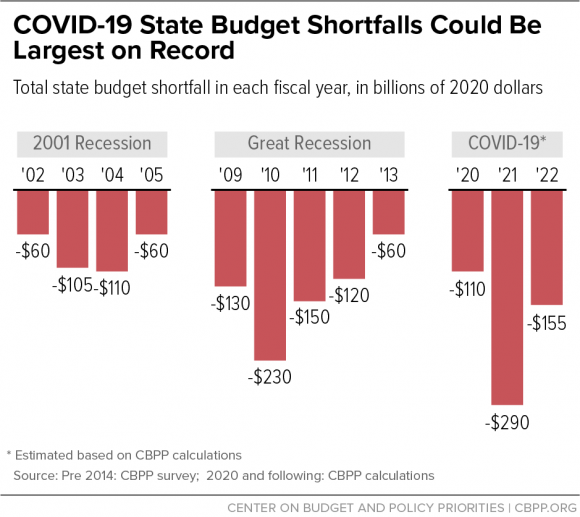AFSA joined other education, labor and social justice organizations asking Congress to help communities around the country.
In a letter to Speaker Pelosi and Leader Schumer the groups wrote:
We urgently write you to prioritize a proven solution to help overwhelmed front-line workers, jumpstart the economy and accelerate the pace of vaccinations: the passage of $1 trillion in emergency funding for states, cities, towns and schools.
For the last 10 months, public service workers have stood courageously on the front lines of this pandemic, doing everything in their power to keep their communities safe and healthy. But as you know, the last COVID-19 stimulus legislation – despite your best efforts – failed to include desperately needed aid to support them.
Since early last year, nearly 1.4 million front-line public service workers – nurses, EMTs, sanitation workers, teachers, corrections officers, child care providers and others – have lost their jobs, devastating families and communities, as well as stymieing the nation’s ability to beat the virus. African American workers, who account for nearly one in five workers in the public sector, have been especially hard hit. With a new president taking office next week and with Democrats assuming control of the U.S. Senate, this investment in states, cities, towns and schools must be an early and top priority. We urge you to make it a reality within days of President-elect Biden’s inauguration.
With state and local governments (in blue and red states alike) facing devastating revenue shortfalls, this funding is essential to maintaining the services that sustain our communities – public education, public health, public safety and much more. We need investment in these core functions to meet the logistical challenge of distributing the COVID-19 vaccine and end this pandemic once and for all. And this aid is required to breathe life back into an underperforming economy, which bled 140,000 jobs in December.
With respect to education, while the recently passed Covid-19 Relief package included $82 billion for education that is only a portion of what is needed to sufficiently address the overwhelming effects of the pandemic on the safe operation of schools and what students needs at this perilous time. That is why funds for states, cities, towns and schools are so critical: they can address both the revenue losses due to the downturn in the economy and the additional costs needed to responds to the ongoing impacts of the pandemic on schools and students.
We need $1 trillion in funding – unrestricted funding, free of any poison pills, conditions or limitations that undermine working people , and an increase in the federal Medicaid match (FMAP)– not just to get back to normal, but to build back better. We need this level of investment to restore our communities’ ability to handle crises and respond to emergencies, capacity that has been vastly diminished since the austerity measures imposed during the Great Recession about a dozen years ago.
The obstruction last year from Senate leadership and the Trump administration flies in the face of public opinion and expert analysis. Economists of all ideological stripes have been clamoring for aid to states, cities, towns and schools, correctly arguing that it will have a multiplier effect that triggers GDP growth. Local elected officials from both parties – who are responsible for somehow running functioning governments in this environment, without the ability to run deficits – are on-board. And polls have consistently indicated overwhelming popular support from voters as well.
The mandate is clear. This federal assistance is good politics and good policy, a moral and an economic imperative. We look forward to working with you and the Biden-Harris administration to get this done right away.
A. Philip Randolph Institute
AFL-CIO
African American Ministers in Action
Alliance for Quality Education
Alliance for Retired Americans
American Federation of School Administrators
American Federation of State, County and Municipal Employees (AFSCME) American Federation of Teachers
American Library Association (ALA)
American School Counselor Association
Americans for Democratic Action (ADA)
Americans for Tax Fairness
Asian Pacific American Labor Alliance, AFL-CIO
Association of Latino Administrators and Superintendents
California After School Network
Center for American Progress (CAP)
Clearinghouse on Women's Issues
Coalition on Human Needs
Coalition of Labor Union Women
Communications Workers of America (CWA)
Council of Administrators of Special Education
Democratic Municipal Officials
Democrats for Education Reform
EDGE Consulting Partners
Every Texan
Feminist Majority Foundation
For Our Future Action Fund
Girls Inc.
Health Care for America Now
Health Care Voter

